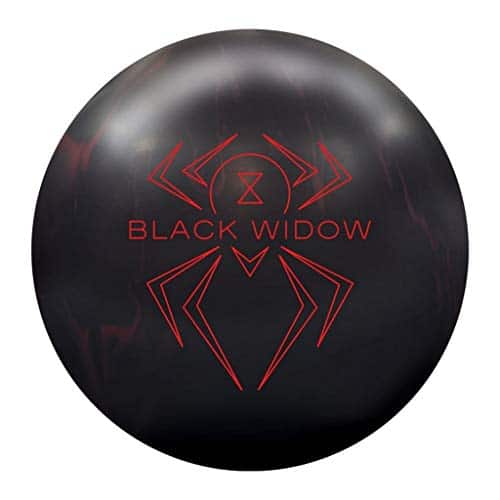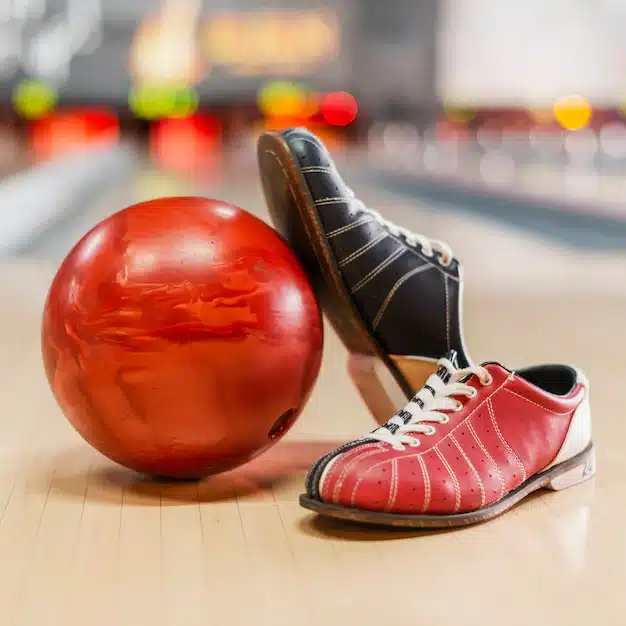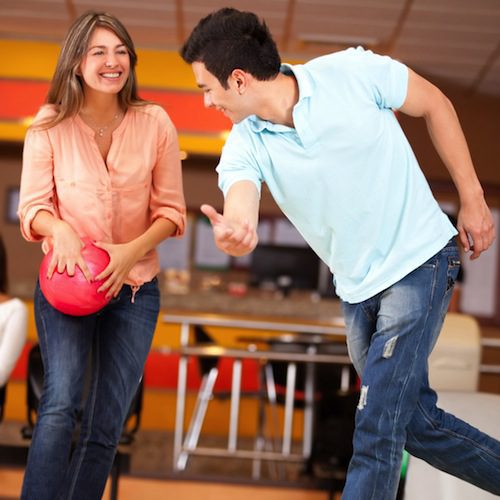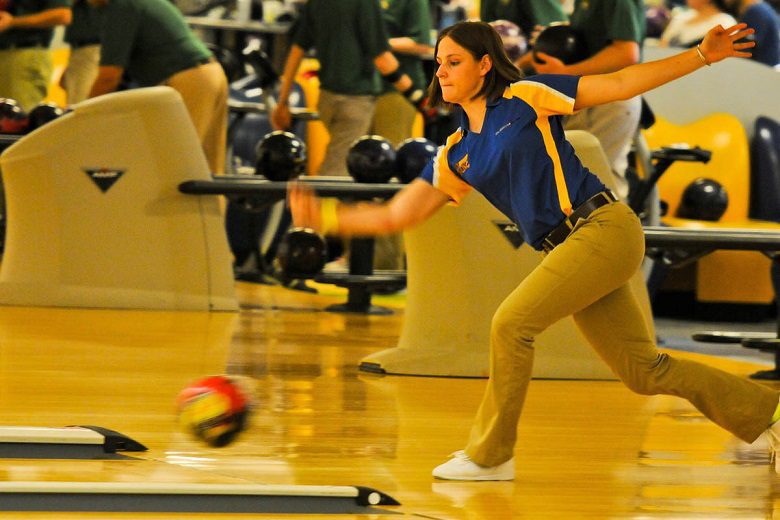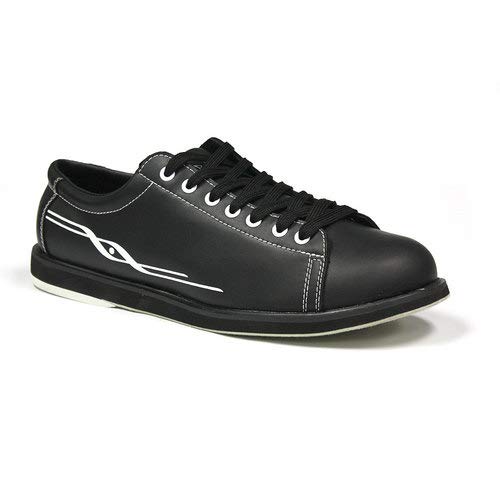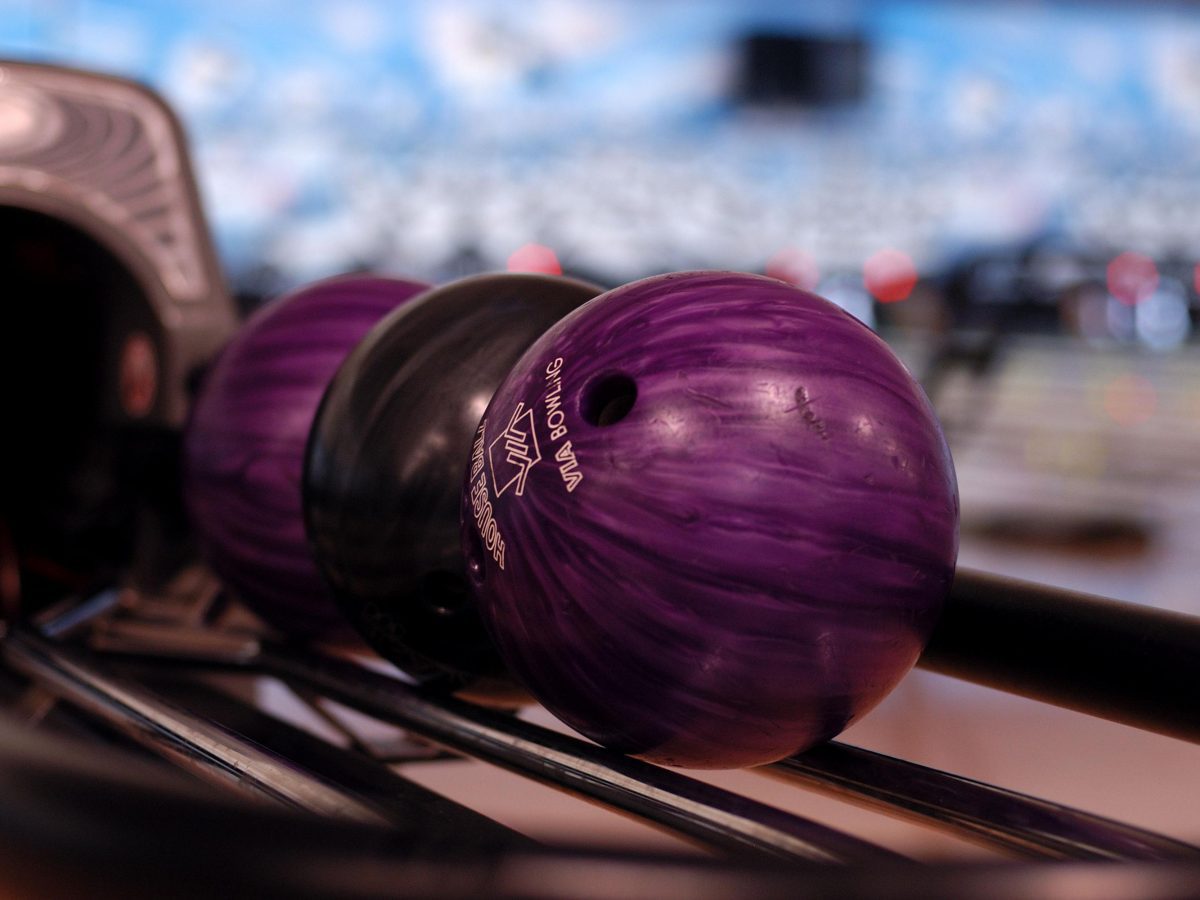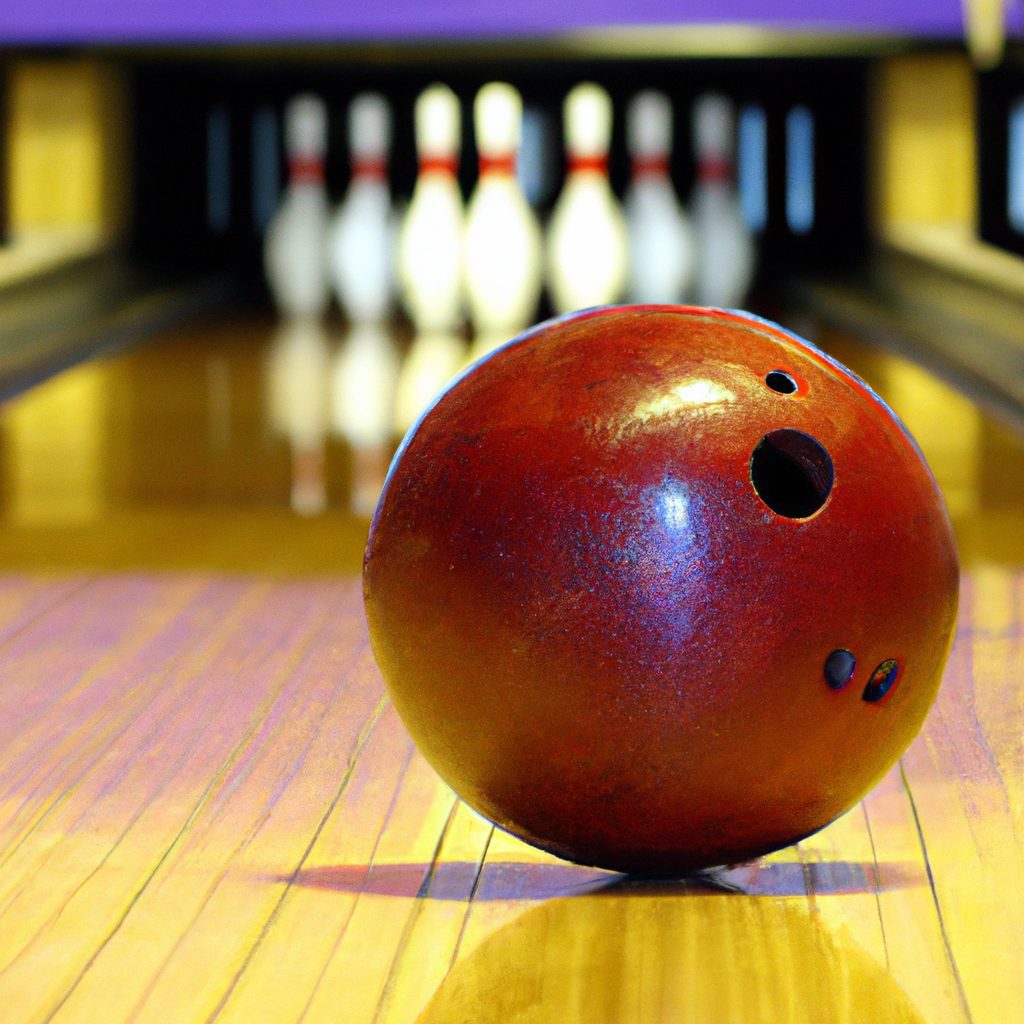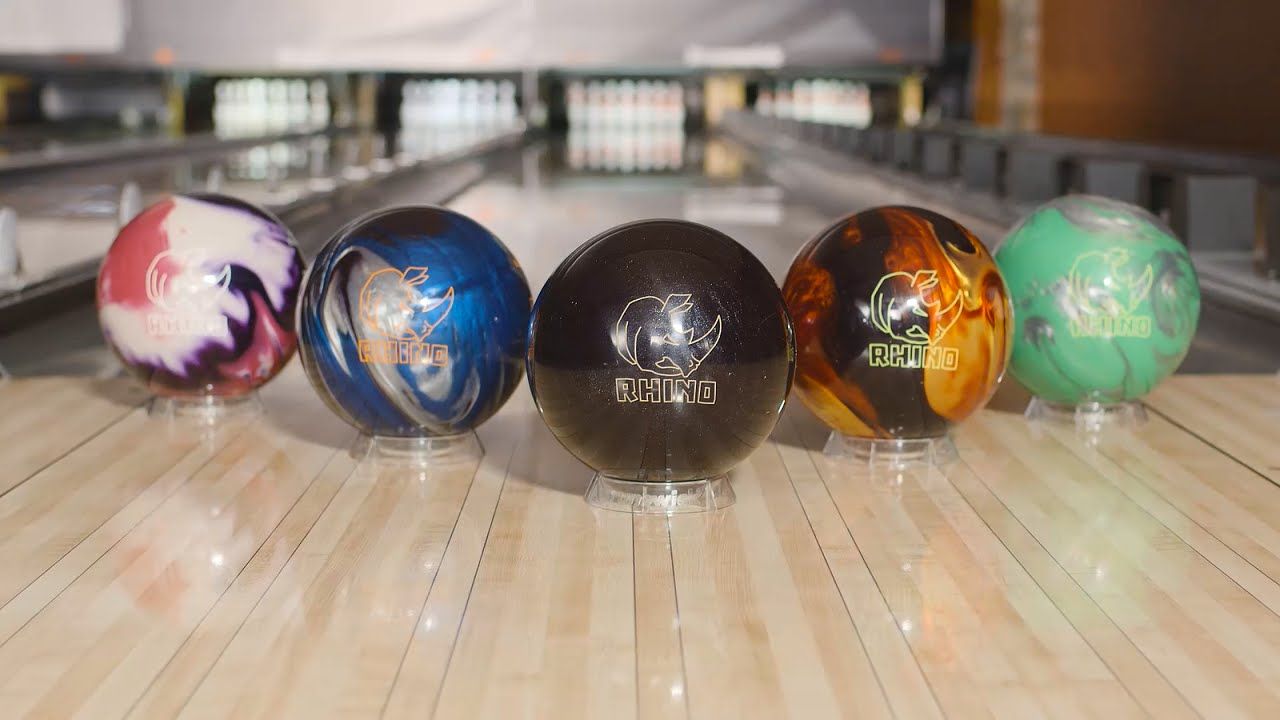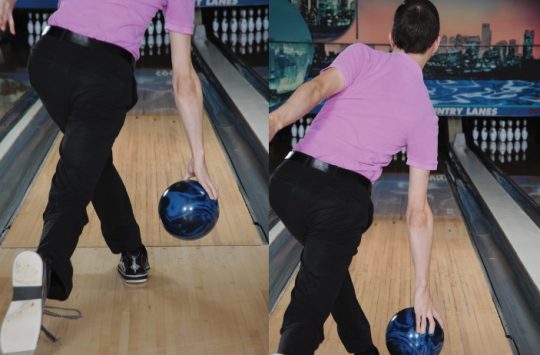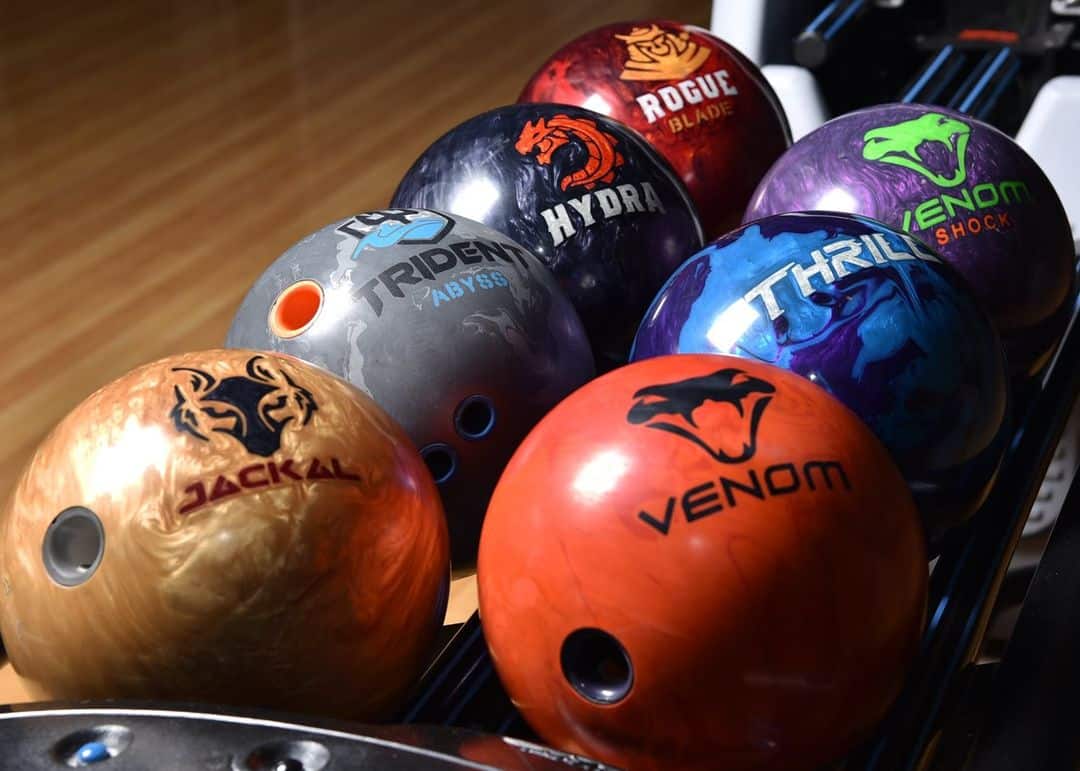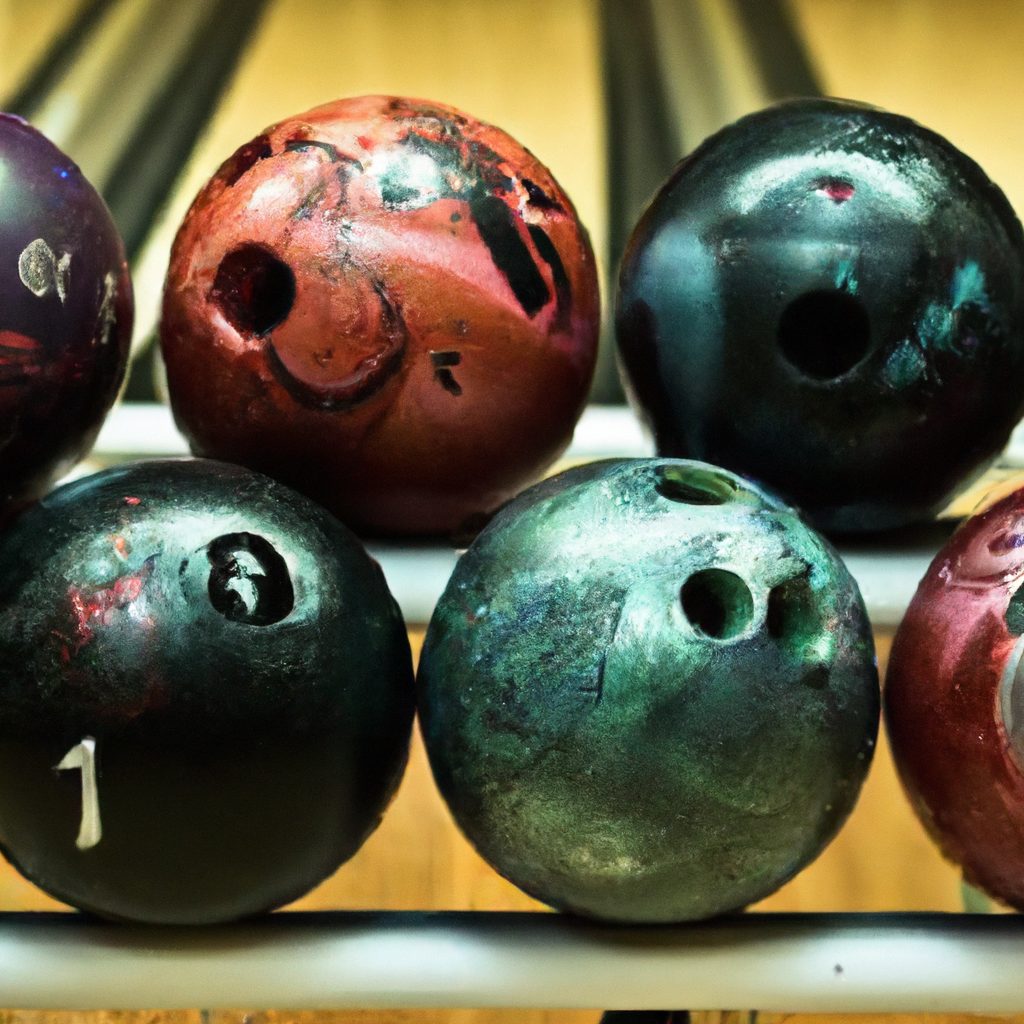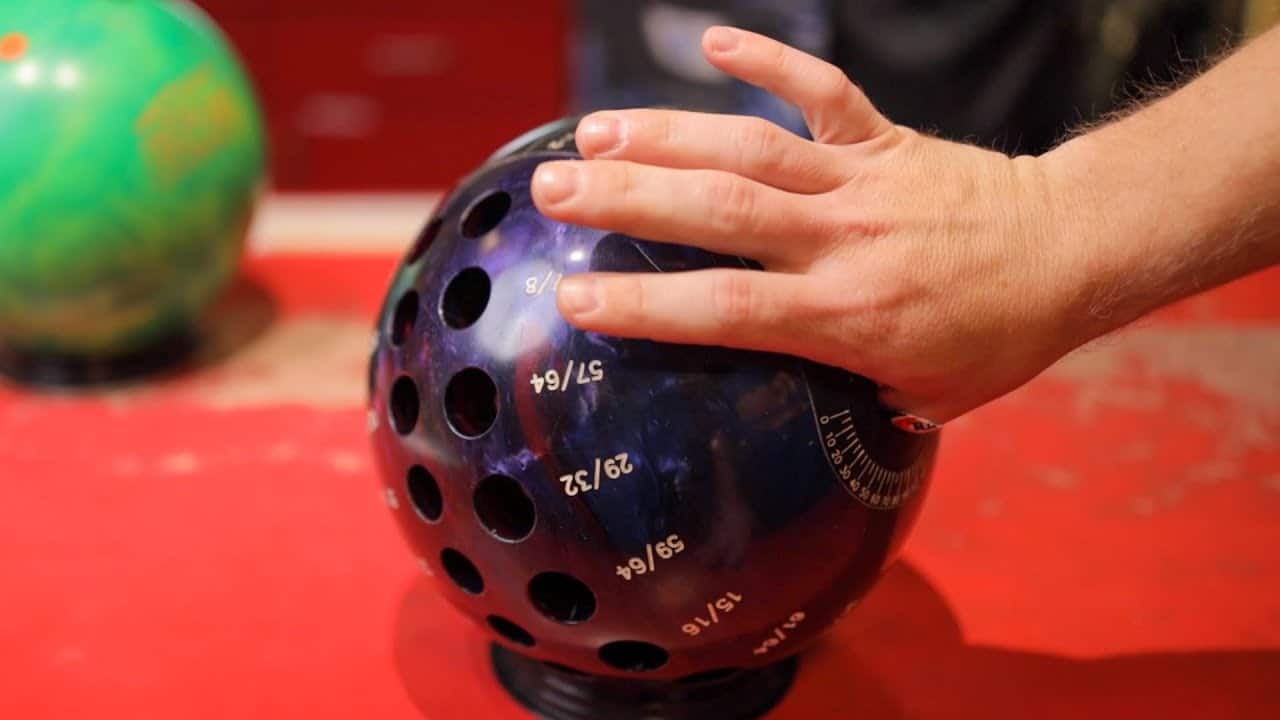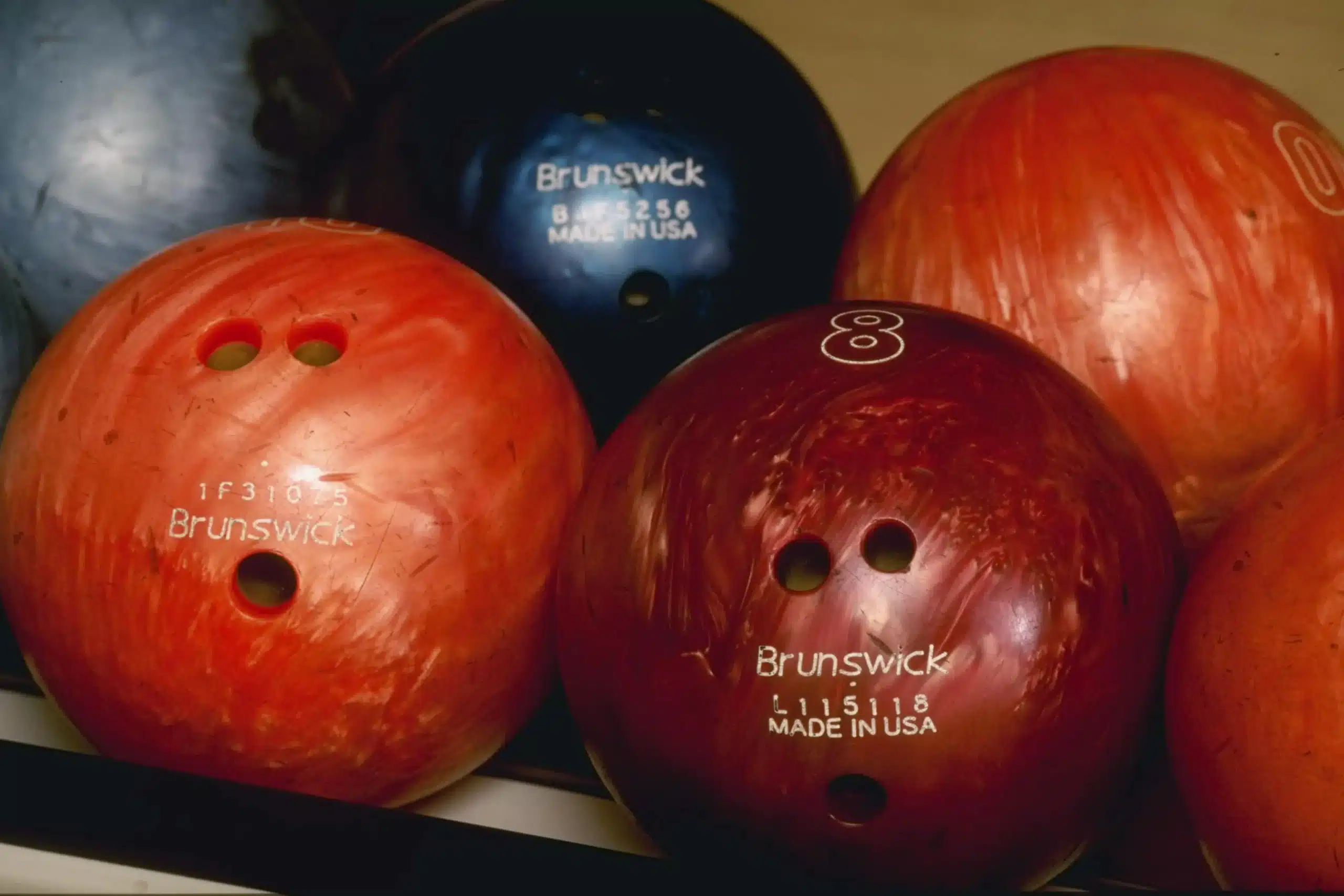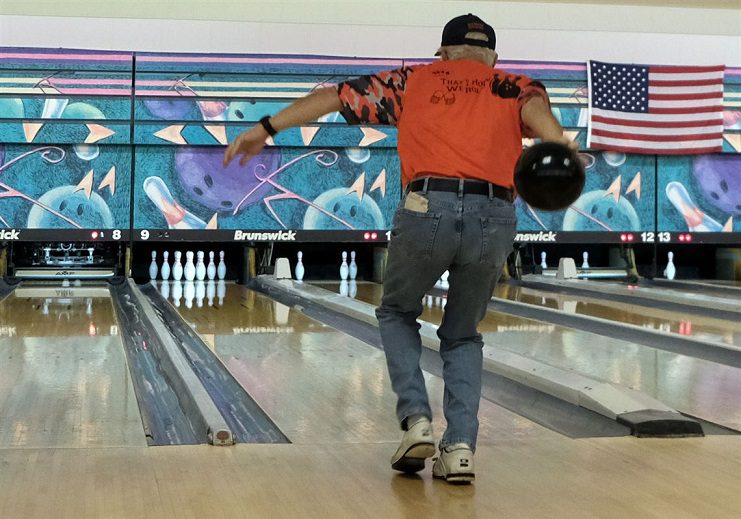In our quest to achieve optimal joint support and stability while participating in our favorite sport, we have discovered the incredible benefits of stabilizing bowling wristwraps. These ingenious accessories not only provide reinforcement to our wrists but also improve our overall performance on the bowling lane. By minimizing excessive flexion and extension of the wrist, these wristwraps effectively reduce the risk of injury and enhance our ability to maintain a steady and controlled release. With their unique design and specialized materials, these wristwraps are a game-changer for any avid bowler looking to take their game to the next level. Say goodbye to wrist discomfort and hello to a more confident and powerful bowling experience!
Review contents
Stabilizing Bowling Wristwraps For Joint Support
When it comes to bowling, having proper wrist support is crucial for maintaining stability and preventing injuries. Wristwraps are designed to provide the necessary support and stabilization to the wrist joint, allowing bowlers to perform their best without the risk of strain or injury. In this article, we will explore the importance of wrist support, how to select the right wristwrap, proper techniques for applying them, maintenance and care tips, additional measures for wrist strengthening, staying safe and preventing injuries, seeking professional guidance, and exploring alternative options for joint support.
1. Understanding the Importance of Wrist Support
1.1 The Role of Wristwraps in Bowling
Wristwraps play a crucial role in supporting the wrist during the bowling motion. The repetitive nature of bowling puts strain on the wrist joint, which can lead to discomfort and injuries if not properly supported. Wristwraps help stabilize the wrist, reducing the risk of hyperextension or excessive movement. By providing external support to the ligaments and tendons, wristwraps help maintain proper wrist alignment and enhance overall performance.
1.2 Common Wrist Injuries in Bowling
Bowling can put the wrist at risk for various injuries, including sprains, strains, tendonitis, and even fractures. These injuries can be caused by repetitive stress, incorrect technique, or overexertion. Without proper support, the wrist joints may become vulnerable to these injuries. Wristwraps act as a preventive measure, reducing the likelihood of strain or damage to the wrist and surrounding structures.
1.3 Benefits of Wrist Support in Bowling
The benefits of wearing wristwraps while bowling are numerous. Firstly, they provide stability to the wrist, ensuring proper alignment during the delivery of the bowling ball. This stability translates into improved accuracy and control over the ball’s release. Secondly, wristwraps can alleviate discomfort and pain associated with existing wrist injuries or chronic conditions. Lastly, by offering reliable joint support, wristwraps can enhance the longevity of a bowler’s career by minimizing the risk of future injuries.
This image is property of Amazon.com.
2. Selecting the Right Bowling Wristwrap
Choosing the right wristwrap is essential for experiencing the optimal benefits of wrist support. Here are a few key factors to consider when selecting a wristwrap:
2.1 Material and Construction
Wristwraps are typically made from a combination of materials such as neoprene, nylon, and elastic. These materials provide the necessary flexibility, durability, and breathability required for a comfortable fit. Look for wristwraps that are made with high-quality materials and are designed to withstand the rigors of bowling.
2.2 Length and Width
The length and width of a wristwrap can influence its level of support and fit. Longer and wider wristwraps generally provide more stability and coverage for the wrist joint. However, it’s essential to find a balance between support and comfort. Consider your wrist size and personal preference when choosing the appropriate length and width.
2.3 Adjustable Features
Some wristwraps come with adjustable features such as Velcro straps or elastic bands. These adjustable features allow for a customizable fit, ensuring that the wristwrap remains snug and secure during bowling sessions. Look for wristwraps that offer these adjustable features so that you can find the perfect fit for your wrist.
2.4 Comfort and Fit
Comfort should be a top priority when selecting a wristwrap. The wristwrap should fit snugly without causing any discomfort or restriction of movement. It should provide enough support without feeling overly tight. Consider trying on different wristwrap options to find the one that feels most comfortable and secure on your wrist.
3. Proper Technique for Applying Bowling Wristwraps
Once you have selected the right wristwrap for your needs, it’s essential to know how to properly apply it to ensure maximum effectiveness. Here are some key steps to follow when wrapping your wrist:
3.1 Wrapping Method
Start by positioning the wristwrap below the wrist joint, with the thumb loop facing toward the palm of your hand. Wrap the wristwrap around the wrist, making sure it overlaps and covers the entire wrist joint. Keep the wrap snug but not overly tight.
3.2 Securing and Tightening
Once the wristwrap is in place, secure it by fastening the Velcro strap or adjusting the elastic band to your desired level of tightness. It’s important to find the right balance between a secure fit and comfort. Remember that the wristwrap should provide support without restricting blood circulation or causing discomfort.
3.3 Avoiding Common Mistakes
When applying wristwraps, it’s crucial to avoid common mistakes that can reduce their effectiveness. Firstly, make sure the wristwrap is not too loose or too tight – finding the right level of support is key. Secondly, ensure that the wrap covers the entire wrist joint to provide adequate stabilization. Lastly, be mindful of not overtightening the wrap, as this can restrict movement and potentially lead to other issues.
This image is property of Amazon.com.
4. Tips for Maintaining and Caring for Bowling Wristwraps
To extend the lifespan of your bowling wristwraps and ensure they continue to provide optimal support, it’s essential to properly care for and maintain them. Here are some helpful tips:
4.1 Cleaning and Washing Instructions
Check the manufacturer’s instructions for specific cleaning recommendations for your wristwraps. In general, it’s best to hand wash them in mild detergent and lukewarm water, then air dry. Avoid using harsh chemicals or machine washing, as these can damage the materials and affect the wristwrap’s integrity.
4.2 Storage and Protection
To prevent damage and maintain the quality of your wristwraps, store them in a cool and dry place when not in use. Avoid exposing them to excessive heat or direct sunlight, as this can cause the materials to deteriorate. It’s also a good idea to keep wristwraps in a separate compartment or bag to avoid any potential damage from sharp objects or other gear.
4.3 When to Replace Wristwraps
Over time, wristwraps may lose their elasticity and effectiveness. It’s important to regularly inspect your wristwraps for any signs of wear and tear, such as fraying or stretching. If you notice any damage or if the support provided by the wristwrap decreases, it may be time to replace them. Using worn-out wristwraps can compromise their ability to provide proper support and protection.
5. Additional Supportive Measures for Bowling Wrist Strengthening
In addition to wearing wristwraps, there are other supportive measures you can take to strengthen your wrists and reduce the risk of injuries. Here are a few tips:
5.1 Hand and Forearm Exercises
Performing exercises that target the muscles in your hands and forearms can help increase strength and flexibility. Simple exercises such as wrist curls, grip squeezes, and finger extensions can all contribute to improved wrist stability and overall bowling performance.
5.2 Stretching and Flexibility Routines
Regular stretching can enhance the flexibility of your wrists and reduce muscle tightness. Incorporate stretching exercises that target the wrists and forearms into your warm-up and cool-down routines. This will help improve circulation, range of motion, and reduce the risk of strains or sprains.
5.3 Proper Warm-up and Cool-down
Before and after every bowling session, it’s crucial to properly warm up and cool down your muscles. A dynamic warm-up routine that includes exercises like arm circles, wrist rotations, and light stretching can prepare your body for the demands of bowling. Similarly, a cool-down routine that incorporates gentle stretches and relaxation exercises can help prevent post-bowling muscle soreness and stiffness.
This image is property of ae01.alicdn.com.
6. Staying Safe and Preventing Wrist Injuries in Bowling
While wristwraps and supportive measures can significantly reduce the risk of wrist injuries, it’s important to take additional precautions to stay safe while bowling. Here are a few tips:
6.1 Regular Training and Conditioning
Regular training and conditioning of your bowling technique can help build strength, improve control, and reduce the strain on your wrists. Work with a bowling coach or trainer to refine your technique and develop a strong foundation to prevent injuries.
6.2 Correct Bowling Technique
Using the correct bowling technique is essential for avoiding excessive strain on your wrists and minimizing the risk of injuries. Focus on maintaining a relaxed grip on the ball, using your legs and core muscles for power rather than relying solely on your arm and wrist. This will help distribute the load evenly and reduce the risk of wrist-related issues.
6.3 Listening to Your Body
One of the most important aspects of injury prevention is to listen to your body. If you experience any pain, discomfort, or unusual sensations in your wrists, it’s crucial to take a break and seek appropriate medical attention if necessary. Ignoring these warning signs can exacerbate existing injuries or lead to new ones.
7. Seeking Professional Guidance for Wrist Support
If you’re serious about bowling and want to optimize your wrist support, it’s worth considering seeking professional guidance from a bowling coach or trainer. Here’s why:
7.1 Benefits of Consulting a Bowling Coach or Trainer
Working with a bowling coach or trainer can provide numerous benefits. They can offer personalized guidance on proper technique, training routines, and injury prevention strategies. A coach or trainer can help identify any weaknesses or areas of improvement in your bowling form and provide you with targeted exercises and drills to enhance your wrist support and overall performance.
7.2 Importance of Proper Wrist Support Evaluation
A trained professional can evaluate your wrist support needs and recommend the most suitable wristwraps or alternative options based on your individual requirements. They can also assess your technique and provide feedback on how to optimize wrist positioning, grip, and release to minimize the strain on your wrists during bowling.
7.3 Customized Solutions for Individual Needs
Every bowler is unique, and what works for one may not necessarily work for another. By consulting a bowling coach or trainer, you can receive customized advice and solutions that cater specifically to your needs. They can help you find the right combination of wrist support, exercises, and techniques to enhance your performance while minimizing the risk of injuries.
This image is property of Amazon.com.
8. Exploring Alternatives to Wristwraps for Joint Support
While wristwraps are a popular choice for wrist support in bowling, they may not be suitable for everyone. Here are a few alternative options to consider:
8.1 Finger and Thumb Supports
If you experience specific issues with your fingers or thumb during bowling, finger and thumb supports can provide targeted joint support. These specialized accessories can help stabilize these areas and reduce the risk of strain or injury.
8.2 Wrist Braces
Wrist braces offer a higher level of support compared to wristwraps. They are designed to restrict movement and provide rigid support to the wrist joint. Wrist braces can be beneficial for individuals with existing injuries or chronic conditions that require more substantial stabilization.
8.3 Compression Sleeves
Compression sleeves are another alternative for joint support in bowling. They offer mild to moderate compression, promoting better blood circulation and providing proprioceptive feedback. Compression sleeves can help reduce inflammation and provide additional support to the wrist joint during bowling.
10. Conclusion
Stabilizing bowling wristwraps are an essential accessory for bowlers looking to enhance their performance, prevent injuries, and support their wrists. By understanding the importance of wrist support, selecting the right wristwrap, applying it correctly, and maintaining it properly, bowlers can experience improved stability, comfort, and longevity in their game. Adding additional measures such as hand and forearm exercises, stretching routines, and staying safe while bowling further enhance wrist strength and reduce the risk of injuries. Seeking professional guidance and exploring alternative options can provide personalized solutions based on individual needs. With proper wrist support, bowlers can continue to enjoy the sport while minimizing the potential risks to their wrist joints.
This image is property of Amazon.com.
















